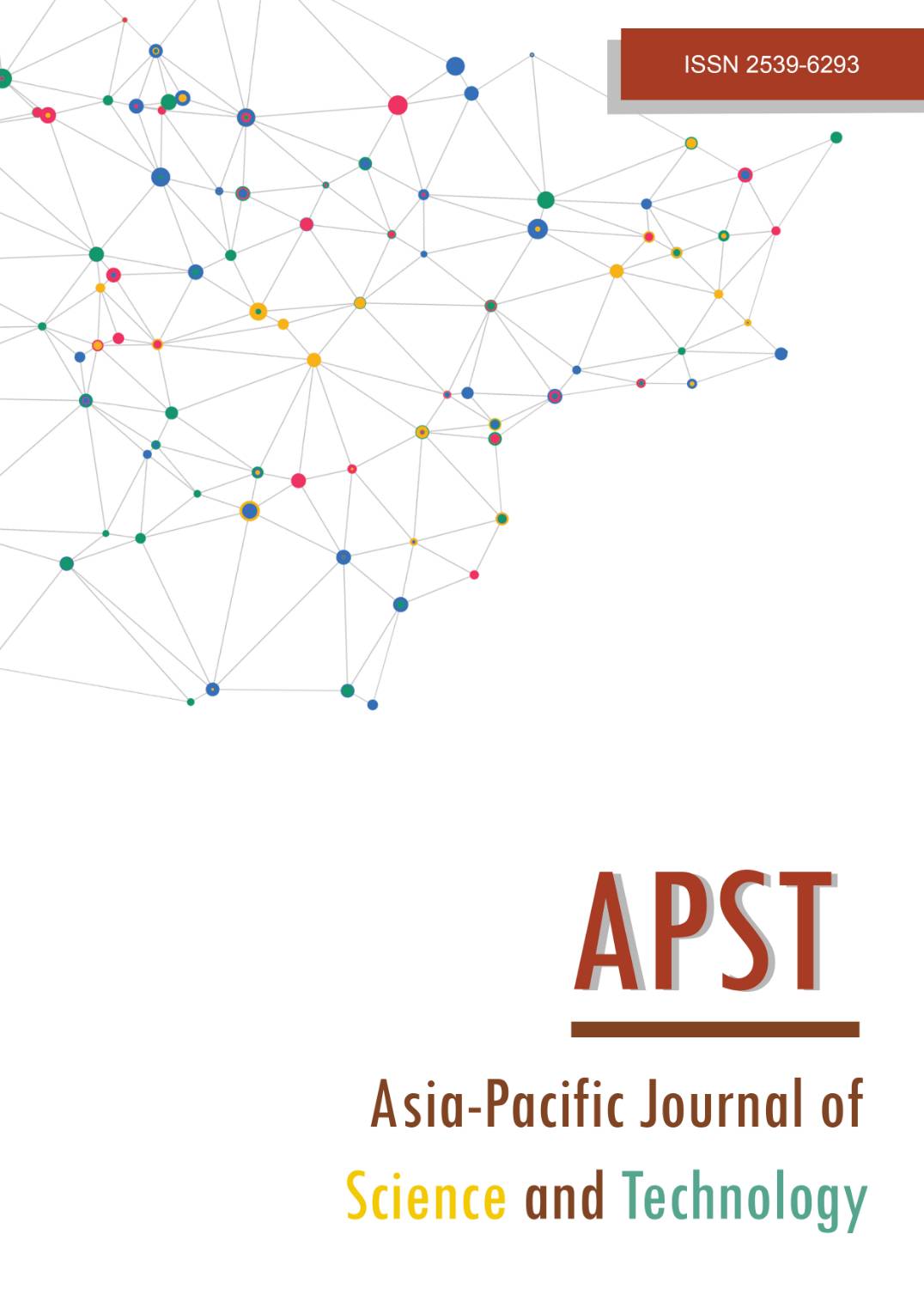An analysis of job advertisements for software engineering employability skills and knowledge: Jordan as a case study
Main Article Content
Abstract
Well prepared software engineering (SE) graduates for job markets is a big challenge for employers and industry. This challenge has been raised due to the lack of the required knowledge and skills. For instance, some of the graduates are technically strong but lack of communication and/or English language skills and vice versa. Therefore, software engineering graduate’s knowledge and skills have a direct impact on their job opportunity. Thus, universities should provide SE graduates with the required knowledge and skills that actually in demand by employment agencies and software industries. This study investigates the gaps between universities course syllabus and employment agencies through job advertisements analysis in Jordan as a first stage of this research. The collected job advertisements (178 job advertisement) are analyzed based on a search strategy in order to acquire the most important hard and soft skills required by industry. The findings of the study indicated that work experience and English language proficiency are the most occurred skills from both types of skills. In addition, knowledge gap of other hard and soft skills is discovered which might help in providing graduates with the required skills and minimizing the gap between the graduates and employers.
Article Details
References
Begel A, Simon B. Struggles of new college graduates in their first software development job. In: Brodie ML, editor. SIGCSE '08: The 39th ACM Technical Symposium on Computer; 2008 Mar 12-15, Oregon, United States. New York: ACM; 2008. p. 226-230.
Jebreen I, Qerem AA. Critical proficiencies for requirements analysts: reflect a real-world needs. Int Arab J Inf Technol.2017:15(3A):1-6. In: Awajan A, editor. The International Arab Conference on Information Technology; 2017 Dec 22-24; Yassmine Hammamet, Tunisia. New Jersey: ACIT; 2017.
p. 1-6.
Radermacher A, Walia G, Knudson D. Investigating the skill gap between graduating students and
industry expectations. In: Jalote P, Briand L, Hoek AV, editors. ICSE '14: 36th International Conference
on Software Engineering; 2014 May 31- June 7; Hyderabad, India. New York: ACM; 2014. p. 291-300.
McGill MM. Defining the expectation gap: a comparison of industry needs and existing game development curriculum. In: Whitehaed J, Young MR, editors. FDG 2009 - International Conference on the Foundations of Digital Games; 2009 Apr 26-30; Florida, United States. New York: ACM Press; 2009. p. 129-136.
Oguz D, Oguz K. Perspectives on the gap between the software industry and the software engineering education. IEEE Access. 2019;7:117527-117543.
Lippman L, Moore KA, Ryberg R, Carney R. Key “Soft Skills” that foster youth workforce success: toward a consensus across fields [Internet]. Maryland: Child Trends; 2009. [cited 2020 Mar 24]. Available from: https://www.childtrends.org/publications/key-soft-skills-that-foster-youth-workforce-success-toward-a-consensus-across-fields.
The World Bank [Internet]. Washington: The Organization; 1994. [cited 2020 Mar 24]. Jordan- resolving Jordan’s labor market paradox of concurrent economic growth and high unemployment. Available from: https://openknowledge.worldbank.org/handle/10986/18907?show=full.
Assaad R. The Jordanian labor market in the new millennium. 1st ed. Oxford: Oxford University Press; 2014.
Ghali HE, Hawamdeh AA. Higher education and Syrian refugee students-the case of Jordan. In: Wheeler D, editor. Higher Education in Crisis Situations: Synergizing Policies and Promising Practices to enhance Access, Equity and Quality in the Arab Region; 2017 Mar 28-29; Sharm El-Sheikh, Egypt. Paris: UNESCO; 2017. p. 17-19.
Mohe.gov.jo [Internet]. Amman: The Ministry of Higher Education & Scientific Research; c1982 [cited 2020 Mar 24]. Available from: http://www.mohe.gov.jo/en/pages/default.aspx.
Tamimi M, Jebreen I. A systematic snapshot of small packaged software vendors' enterprises. Int J Enterp Inf Syst. 2018;14(2):21-42.
Müller R, Martinsuo M, Blomquist T. Project portfolio control and portfolio management performance in different contexts. Proj Manag J. 2008;39(3):28-42.
Ahmed F, Capretz LF, Bouktif S, Campbell P. Soft skills requirements in software development jobs: a cross-cultural empirical study. J Sys Inf Technol. 2012;14(1):58-81.
Matturro G, Raschetti F, Fontán C. A systematic mapping study on soft skills in software engineering. J Univers Comput Sci. 2019;25(1):16-41.
Groeneveld W, Becker BA. Soft skills: what do computing program syllabi reveal about non-technical expectations of undergraduate students? In: Giannakos MN, Sindre G, Reilly AL, Divitini M, editors. ITiCSE '20: Innovation and Technology in Computer Science Education; 2020 Jun 17-19; Trondheim, Norway. New York: ACM; 2020. p. 1-10.
Winkler D, Biffl S, Mendez D, Bergsmann J. Software quality: quality intelligence in software and
systems engineering. In: Winkler D, Biffl S, Mendez D, Bergsmann J, editors. 12th International
Conference, SWQD; 2020 Jan 14-17; Vienna, Austria. Berlin: Springer; 2020. p. 69-83.
Khan MB, Kukalis S. MIS professionals: education and performance. Inf Manag. 1990;19(4):249-255.
Craig VS, Kittner M, Cheney P. Skill requirements for entry-level IS graduates: a report from industry. J Inf Syst.Educ. 1998;9(3):7-11.
Cappel JJ. Entry-level IS job skills: a survey of employers. J Comput Inf Syst. 2001;42(2):76-82.
Ahmed F, Capretz LF, Bouktif S, Campbell P. Soft skills and software development: a reflection from software industry. Int J Comput Inf Sci. 2013;4(3):171-191.
Ismail I. Utilizing technologies in teaching soft skills: issues and challenges.In: xxx, editor. The 2nd International Conference on Sustainable Development & Multi-Ethnic Society; 2019 Oct 19; Batam, Indonesia. Padang: Redwhite Press; 2019. p. 6-11.
Capretz LF, Ahmed F. Making sense of software development and personality types. IT Prof. 2010;12(1):6-13.
Veenendaal EV. Next-generation software testers: broaden or specialize! In: Goericke S, editor. The future of software quality assurance. 1st ed. Berlin: Springer; 2020. p.229-243.


